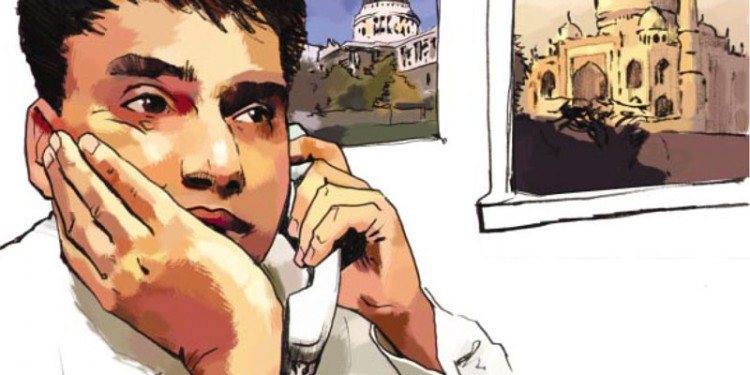In principle, off-shoring should hold few terrors for companies or customers – but often it does. Wanda Warhaftig explores some of the practical issues.
For it is not that that the Englishmen can’t feel – it is that he is afraid to feel. He has been taught at his public school that feeling is bad form. He must not express great joy or sorrow, or even open his mouth too wide when he talks – his pipe might fall out if he did. He must bottle up his emotions, or let them out only on a very special occasion.
EM Forster: Abinger Harvest,
Part 1 – Notes on the English character 1936
Eighty years ago, EM Forster romanticized the religions of India and its mysterious spirit, contrasting them with the frozen, stilted heart, as he saw it, of Europeans. “Only connect” was his message, but A Passage to India is the tale of a series of cultural and linguistic misunderstandings that lead to the hallucinatory experience in the Marabar Caves, in which a young English woman believes she has been raped by an Indian medical officer. More recently, Gurinder Chadha’s flamboyant Bollywood version of Pride and Prejudice transplanted Jane Austen’s classic tale of marriages and manners to modern-day India, England and America, where Austen’s heroine attacks the West for its consumerism, its patronizing and exploitative attitudes towards India and, ultimately, for its failure to grasp India’s heart and enigmatic soul. As with Bend it like Beckham, also directed by Chadha, the British public will flock to see the film because the West has always been drawn to the East, and we feel a natural affinity towards it.
To read the full article, please download the PDF above.

